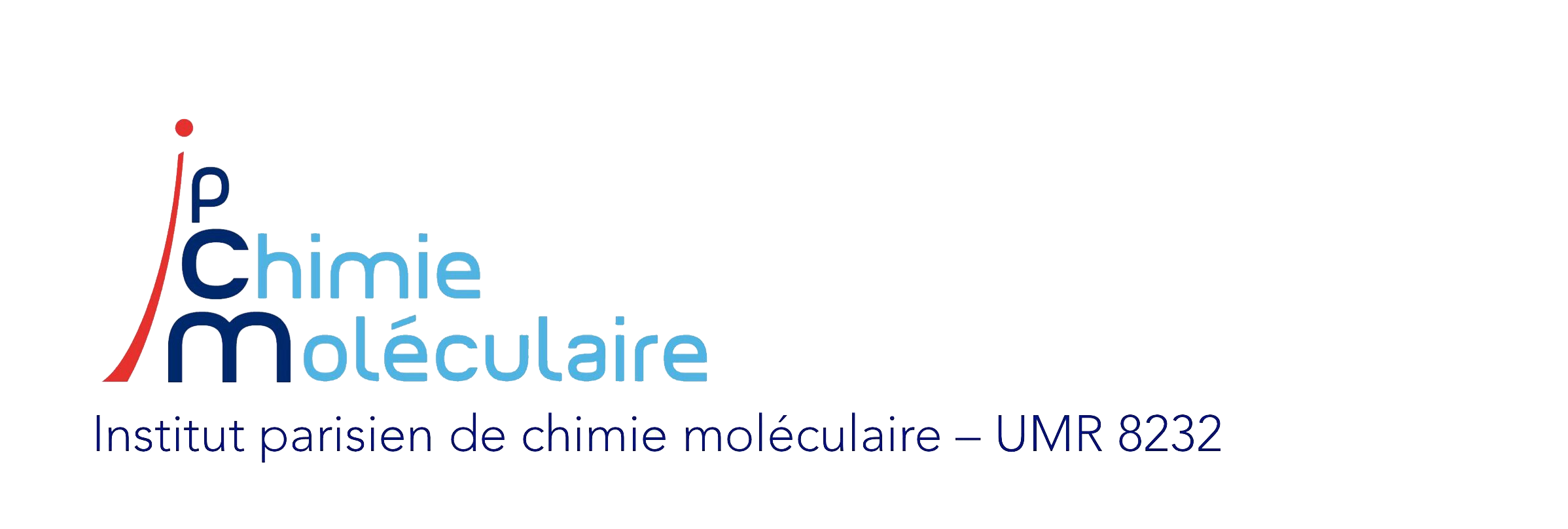Linear and nonlinear viscoelastic properties of segmented silicone-urea copolymers: Influence of the hard segment structure
Résumé
The linear and non-linear viscoelastic behaviors of 5 segmented silicone copolymers-with low fraction of 1,6-hexamethylene diisocyanate (HDI), 4,4'-methylenebis(cyclohexyl isocyanate) (HMDI), 1,3-bis(1-isocyanato-1-methylethyl)benzene (TMXDI), 2,4-tolylene diisocyanate (TDI) or isophorone diisocyanate (IPDI) as hard segments (HS)-are compared, in relation with their microstructure. When the HS are non-symmetrical, the materials nanostructuration is weak and has a limited impact on the mechanical response: two mechanical relaxations occur after the α relaxation of the polydimethylsiloxane (PDMS), the first related to the "unfreezing" of the HS-HS bonds, and the second one to the sticky reptation of the polymer chains. Conversely, when the HS are symmetrical, their self-organization is favored and the long range ordering of the HS is possible. The materials are then semi-crystalline like, with a low crystallinity (due to the low weight percentage of HS) and their flow; possible above their melting temperature (Tm), depends also on the HS dynamics, which is the most rapid for HDI.
Domaines
Polymères
Fichier principal
 publi 5 coeurs draft revised without mark.pdf (1021.82 Ko)
Télécharger le fichier
Publi 5 coeurs - Supporting information - Final LBSP 0310.pdf (2.19 Mo)
Télécharger le fichier
publi 5 coeurs draft revised without mark.pdf (1021.82 Ko)
Télécharger le fichier
Publi 5 coeurs - Supporting information - Final LBSP 0310.pdf (2.19 Mo)
Télécharger le fichier
Origine : Fichiers produits par l'(les) auteur(s)

